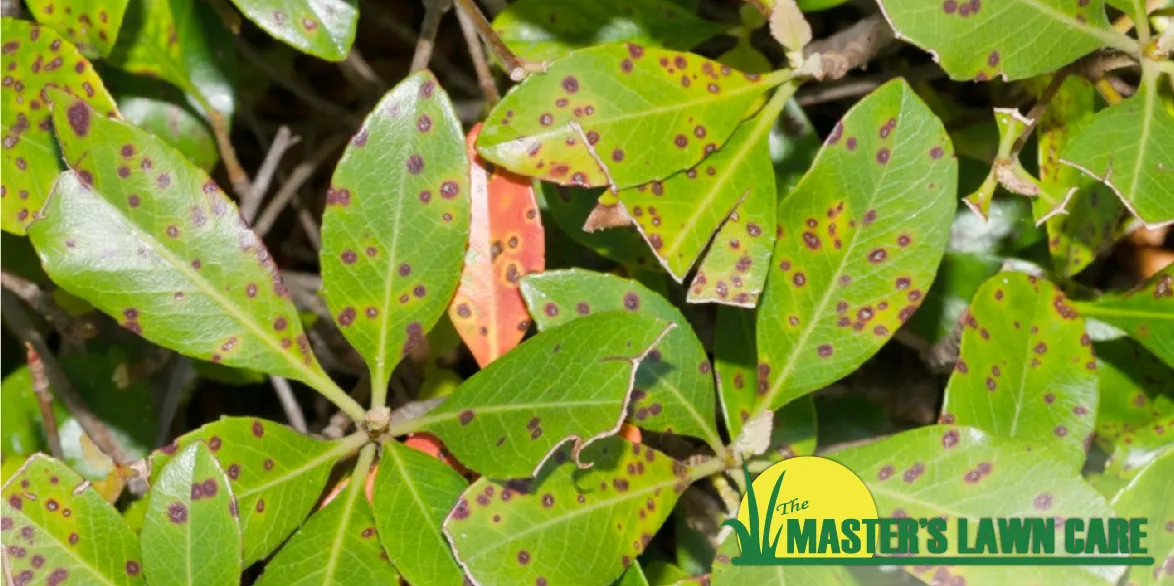If you're seeing brown or black spots on the leaves of your plant or the blades of your grass, you have an infection. Symptoms of bacterial leaf spot may include black-edged lesions, brown spots with yellow halos, or just light and dark areas on the foliage.
What is Leaf Spot Disease?
The main symptom of leaf spot disease is spots on foliage. The spots will vary in size and color depending on the plant affected, the specific organism involved, and the stage of development. Spots are most often brownish, but may be tan or black. There are many leaf spot diseases that occur on a wide range of native and ornamental trees and shrubs. This disease can spread like wildfire from leaf to leaf, or even plant to plant. This can occur due to a variety of environmental factors, and unfortunately, is a frequent plant-killer.
What causes leaf spot disease?
Although leaf spots can be caused by air pollutants, insects and bacteria, most are a result of infection by pathogenic fungi. Once into the leaf, the fungi continue to grow and leaf tissue is destroyed. Resulting spots vary in size from that of a pinhead to spots that encompass the entire leaf.
How to treat an infected plant?
There are some fungicides that can help prevent leaf spots. But you’d have to begin treatment early in spring before any leaf spots exist and spray the plant every 10 to 14 days during favorable disease development (humid, rainy weather), which is pretty much our spring and summer months. These types of diseases are prevented, not cured. That’s the “grin and bear it” part of waiting until now.
Your plants won’t die from leaf spot fungus. Most plants tolerate leaf spots with little or no apparent damage. But you can help keep them disease-free in the future.
You can do things like:
- Remove the infected leaves
- Keep the plant dry
- Keep the infected plant away from other plants temporarily (if possible) to prevent the infection from spreading
- Avoid overhead watering to help keep the disease from spreading
The first step to management is accurate identification of the problem. If you have any uncertainty, feel free to contact us, we would love to help!
If you need help with Ornamental Pest Treatments and Fertilizer Programs, give our team a call or text at (352) 378-5296. We're local and have been serving North Central Florida for over 15 years. We look forward to working with you!


